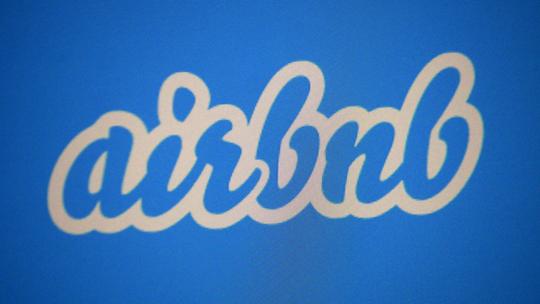
Airbnb announced late on Wednesday that it would start collecting a 14 percent hotel occupancy tax in San Francisco starting in October. The new tax will be added to Airbnb fees and given to the city by the startup as a way of appeasing the angry regulators besieging it in its home city. It's also more than likely a harbinger of how Airbnb, and possibly the rest of the sharing economy, may seek to compromise with the local governments that cause so many legal and regulatory headaches for them.
"We’ve already launched this program in Portland, Oregon and are excited to be moving ahead in our hometown," said David Owen, Airbnb's regional head of public policy in a blog post announcing the new arrangement. "This is the culmination of a long process that began earlier this year when we announced our intent to help collect and remit occupancy taxes in San Francisco. Our community members in San Francisco have told us they want to pay their fair share and the overwhelming majority have asked us to help. In the past, it’s been difficult for individual hosts to pay taxes that were designed for traditional hotels that operate year round. This has been a complicated issue and we’re happy to be taking action to help simplify the collection process for hosts, guests and for the City."
Positive spin aside (and really, who has been begging for a way to pay more for Airbnb stays?), there's some important questions left unaddressed in the mechanics and reasoning behind the new tax. For one thing, the major reason most people use Airbnb's is because of how cheap they are relative to regular hotels. That is of course part of the problem that regulators have with the company, but even if the tax solves the issue from a regulatory standpoint, it might just remove a big part of why Airbnb is doing so well to begin with.
Airbnb's latest moves are all about metaphorically growing up. From bad-boy rebel disrupting hospitality the world over, it's now become a responsible community member, helping business travelers get around as much as penniless students and offering Internet of Things-connected thermostats to help reduce energy costs. In San Francisco, the new tax is vital part of making new legislation to legalize Airbnb in the city. And very obviously, Airbnb sees this as the wave of the future for the whole industry.
"We’re not the only home sharing company operating in San Francisco, and we hope other companies will join us in implementing similar programs," Owen wrote. "We think it’s the right thing to do in San Francisco and we’re proud to be moving forward. We look forward to a continued dialogue on this issue with our entire community in the future. We know home sharing and our community of hosts make cities stronger and more vibrant and we want to work with leaders around the world to ensure the sharing economy continues to thrive."
Airbnb may thrive, but it could end up being difficult to recognize.




